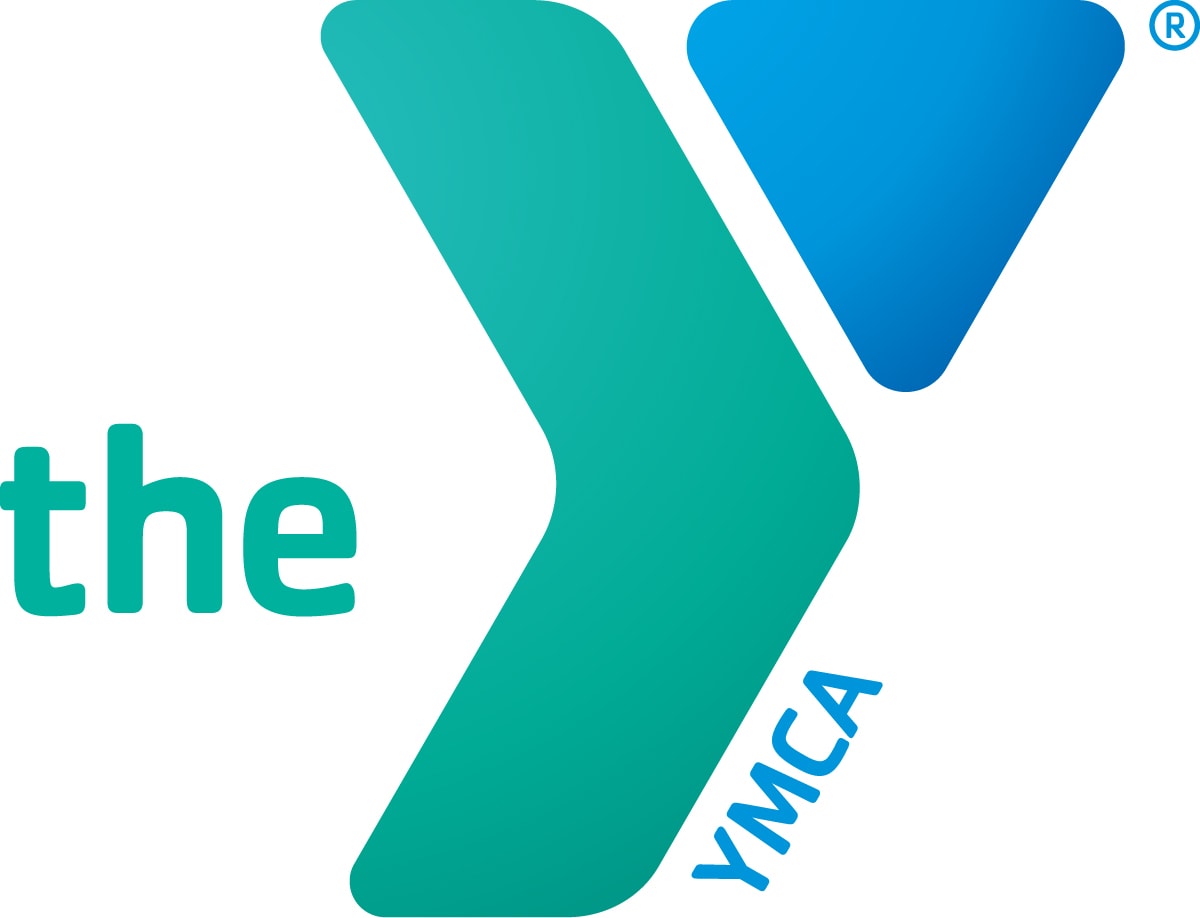By Guest Blogger Katie Marsh with Forsyth Family magazine
Thank you to Forsyth Family magazine for sharing this article with us. It’s an important topic to think about, especially with school starting at the end of the month! – Triad Moms on Main
The term “bully” generally implies a rough-and-tumble delinquent who terrorizes other children in a school or neighborhood. He or she may be stereotyped as friendless, with inattentive parents or being from an inadequate home. As parents, we want our children to avoid these troublemakers for fear their safety will be compromised, or they will be negatively influenced. We caution our children, give them tips to help offset potential issues, and instruct them to tell their teachers if they are threatened.
But what about their friends? What do you do when you observe your child’s friend (even best friend) engaging in dominating or bullying behavior?
This type of bullying may not consist of overt behaviors, but take slight and passive forms. It may range from passive aggression (threatening to pull friendship or start a rumor) to manipulation (if you’re my friend, you’ll do this for me or give me that), to voyeuristic suggestions (encouraging another child to do something inappropriate just to see what will happen).
There are strategies we can use to help empower our children against a friend-bully.
- Make time to have a private conversation with your child. Open the discussion with an open mind. Note, we should go fishing for information, but we should not force our children to make statements. Boys in particular may have a hard time vocalizing the issue, as they tend to share an unwritten Code of Ethics regarding “ratting someone out”—even when it’s not a friend.
- Start the conversation by presenting an example to which your child can relate. Offer a personal experience or reference a favorite movie or book, such as, “Do you think Cameron felt hurt when Ferris told him he could find a new best friend?” or, “Was Lightening McQueen being a good friend to ‘Mater’ when he tricked him to remove the tire boot?”
- Ask open-ended questions, such as, “Do you remember when…?” “What did you think of that?” “How did (would) that make you feel?” “Do you ever feel like [insert name] does that to you?” Refer to step one—keep an open mind and a closed mouth when you hear your child’s responses. We’re looking to empower our children with the skills they need to stand up for themselves.
- Equip them with the skills needed to handle the issue themselves. As tempting as it is, it is impossible to tell your child that they can’t be friends with someone. Instead, give them the skills to grow the existing relationship, or to end it in a healthy way, which is a skill that will serve them for the rest of their life. Ask your child, “What can you do (or say) to stand up for yourself?” If your child struggles to answer this question, perhaps you could suggest statements such as, “I don’t like it when…,” “Okay, we’ll play your game, but then we will play mine,” or “That’s not safe; let’s do something else.”
- Practice the skills you’re giving your child. Do some role playing and let your child try these skills on for size before they wear them in a real-life situation.
- Praise your child for having the courage to stand up for him or herself! Positive self-esteem is one of the greatest gifts—and the most fragile—you can ever give your child. Your confidence in his or her abilities will bolster their own self-esteem when they are confronted with bullying behaviors. Let them know by making statements such as, “I know you will make good choices,” “I’m so proud of the friend you are,” or “It’s okay to stand up for yourself; I trust your judgment.”
It’s completely normal for parents to want to fight our children’s battles for them (especially us over-protective Mama Bear types). But that should be a last resort. For several reasons. First, our children need this skill. They need to know that their opinions, beliefs, and feelings matter. We need to teach them to have a voice that defends themselves, because we can’t always be around. Secondly—children are amazingly resilient. Once they handle the situation, they’re done and will move on. When parents get involved, they may fight the fight far longer than the children…and if you’re friends with the other parent—that can destroy YOUR friendships.
Whether your child is being bullied by a mean kid at school or their best friend—it is all about power and control…and it’s NOT okay. We all experience it at some point in our lives—it’s as inevitable as a first zit or a first crush. But we can empower our children from a young age, so they know how to handle a bully.










